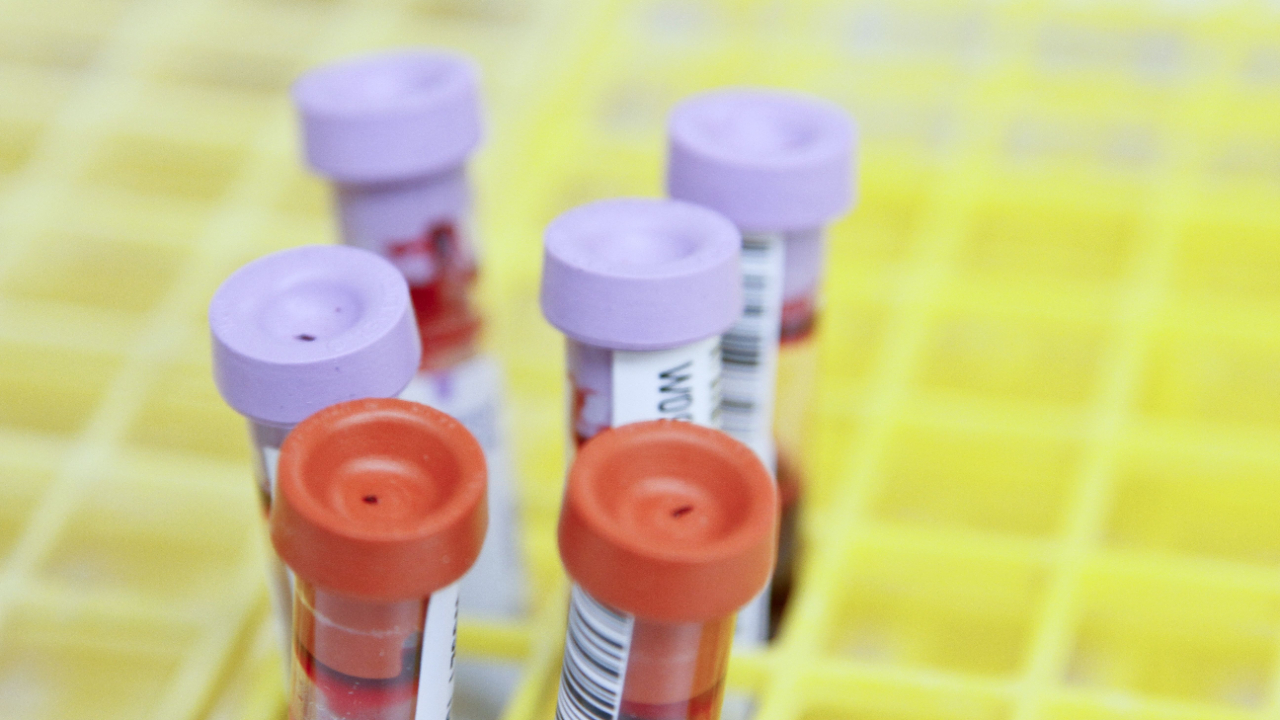What Bloodwork and Tests are expected for an Obesity Assessment? (RETHINKING OBESITY Part 3 of 5)
Oct 16, 2023
As a physician specializing in obesity treatment, I've always been passionate about educating and empowering individuals on their journey to sustainable weight loss.
That’s why I started a new podcast series called RETHINKING OBESITY on the High on Life podcast. This series aims to change the narrative surrounding obesity, highlight its true nature as a medical condition, and provide a holistic approach to effective treatment.
In part 3 of this 5-part series, we cover what bloodwork and tests are expected in an obesity assessment.
Whether you or a loved one are dealing with overweight or obesity, these lessons can offer you a new perspective and valuable insights into understanding and managing this complex condition.
Firstly, one of the fundamental messages I emphasize in my practice is the understanding that obesity is a medical condition. It's not a matter of willpower or self-control, and it certainly isn't a reflection of your character. The first step in rethinking obesity is letting go of the guilt and shame often associated with it. Obesity is influenced by a multitude of factors, including genetics, hormones, and environmental elements.
Obesity Assessment Tests
Body Mass Index (BMI) remains a crucial tool for screening and defining obesity. While it's not perfect and may not account for individual variations, it provides a valuable starting point for assessing weight. It's important to know that obesity is defined as having a BMI over 30. This initial classification serves as a gateway for further investigations and understanding its impact on health.
The Edmonton Obesity Staging System (EOSS)
To truly understand the severity and implications of obesity, we need to look beyond BMI. Dr. Aria Sharma's Edmonton Obesity Staging System (EOSS) offers a more comprehensive evaluation by considering the mental, metabolic, and physical effects of excess adiposity. EOSS takes into account factors such as heart health, mobility, and overall quality of life. This system helps determine the intensity of treatment needed and ensures that it's tailored to the individual's specific situation.
Causes of Weight Gain
Obesity is not a one-size-fits-all condition. The causes of weight gain can vary widely from person to person. Some may have genetic predispositions, while others may experience significant weight gain due to medical conditions, medications, or life events. It's crucial to recognize and address the root causes of weight gain, as understanding the contributing factors is key to creating an effective and sustainable treatment plan.
The 4Ms Framework: Mental, Mechanical, Metabolic, and Monetary
To conduct a comprehensive obesity assessment, healthcare professionals employ the 4Ms framework, which stands for mental health, mechanical complications, metabolic health, and monetary barriers. These four aspects help uncover the full picture of an individual's obesity and guide the treatment plan.
- Mental Health:
Understanding the emotional and psychological aspects of obesity is crucial. It involves addressing biases, self-image issues, mood disorders, and potential food addiction. Recognizing and addressing these mental health components are integral to successful treatment. - Mechanical Complications:
Excess weight can lead to mechanical issues, including joint pain, osteoarthritis, back pain, and more. Identifying these issues helps tailor treatment and may require additional assessments like X-rays or sleep studies. - Metabolic Health:
This is the category most people associate with obesity, involving conditions like type 2 diabetes, high blood pressure, and heart disease. It's important to assess these metabolic complications to understand their impact on an individual's health and guide treatment accordingly. - Monetary Barriers: Socioeconomic factors can pose barriers to accessing care. Recognizing these barriers helps ensure that individuals receive the support they need to overcome obstacles and receive appropriate treatment.
Obesity treatment is not merely about focusing on weight loss. It's about addressing the whole person and all the factors contributing to their weight gain. A holistic approach takes into account mental, emotional, and physical health, lifestyle, and individual needs.
It's important to understand that there is no single magic solution for obesity. It's not about pinpointing one hormone or factor that's solely responsible. Instead, it's a combination of various factors. While it may sound disappointing not to have a quick fix, the good news is that effective treatment is available. A comprehensive approach, including behavioral training, psychological support, and medical intervention, can yield positive and lasting results.
The Role of an Obesity Specialist
When seeking help for obesity, it's essential to consult with a healthcare provider who specializes in obesity treatment. General practitioners may not have the in-depth knowledge and experience required to provide the best care. Obesity specialists have the expertise to conduct a thorough assessment, identify contributing factors, and develop tailored treatment plans.
Your health truly matters. Despite the complexity of obesity, there is hope and help available. Taking action to address obesity, even in the face of its challenges, is essential for improved health and overall well-being.
If you're ready to take the next step in your journey to better health and sustainable weight loss, consider booking a discovery call with a healthcare provider specializing in obesity treatment. They can help you understand your unique situation and guide you toward an effective and holistic treatment plan.
Re-thinking Obesity means recognizing it as a medical condition, understanding its complexity, and addressing all contributing factors. The 4Ms framework offers a comprehensive approach to assessment, and a holistic treatment plan is key to long-term success. While there may be no magic bullet, there is hope, effective treatment, and support available to help individuals achieve their best weight and health.
If this resonated with you, you’ll enjoy my latest podcast episode in the RE-THINKING OBESITY Podcast Series. You can listen HERE.
Join My Empowered Weight Loss Community
Sign up for my newsletter to receive weekly mindset, health and weight loss guidance
We hate SPAM. We will never sell your information, for any reason.

